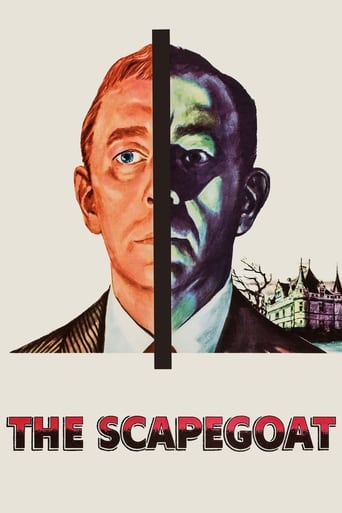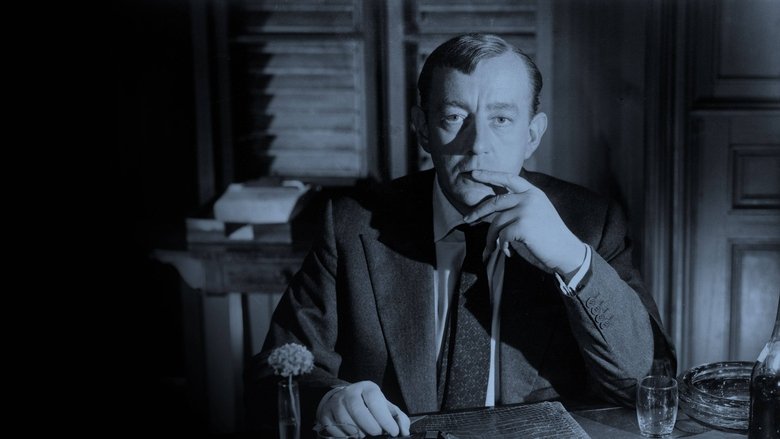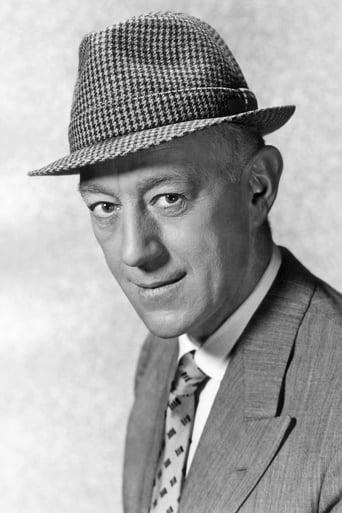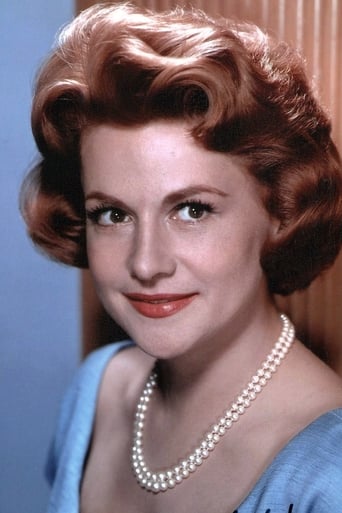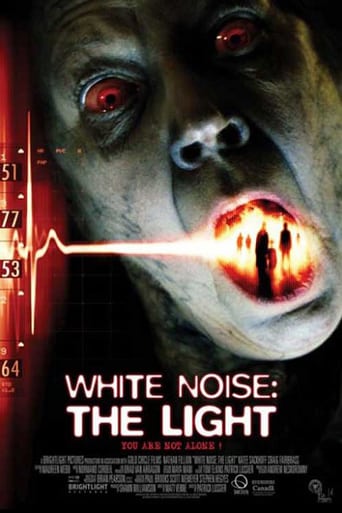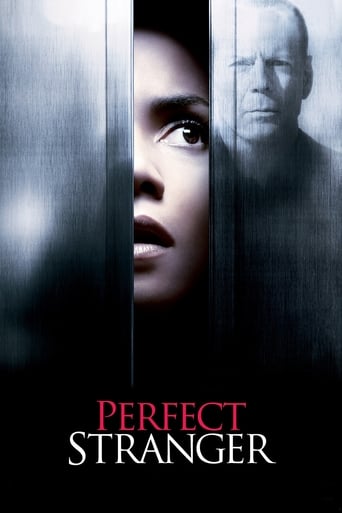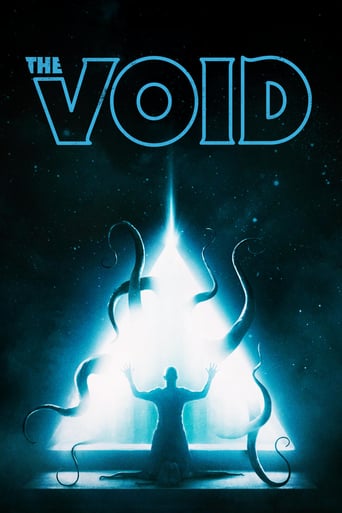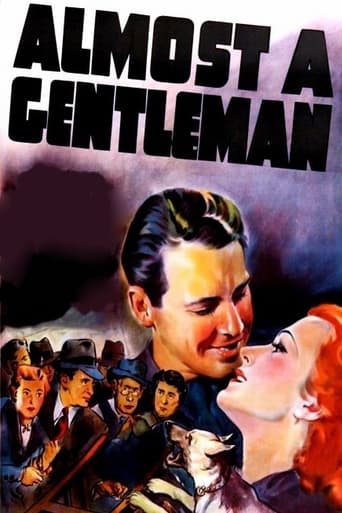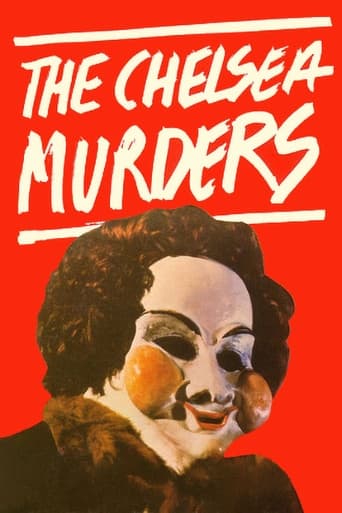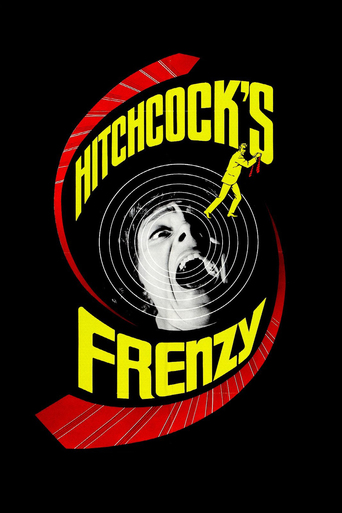The Scapegoat (1959)
An Englishman in France unwittingly is placed into the identity, and steps into the vacated life, of a look-alike French nobleman.
Watch Trailer
Cast


Similar titles
Reviews
How sad is this?
The joyful confection is coated in a sparkly gloss, bright enough to gleam from the darkest, most cynical corners.
There are moments in this movie where the great movie it could've been peek out... They're fleeting, here, but they're worth savoring, and they happen often enough to make it worth your while.
It's a good bad... and worth a popcorn matinée. While it's easy to lament what could have been...
Way before Peter Sellers came along to sweep the title of Britian's actor who completely disappeared into each character he played, Sir Alec Guennis was there doing just that. Whether as the lovable rogue Fagin in David Lean's masterpiece version of "Oliver Twist" or the subtle villain of "The Lady Killers", Guennis could almost out-do Lon Chaney Sr. when it came to the art of creating a character beyond his physical appearance with even little make-up to create a characterization. Decades before his comical butler in "Murder By Death" ("As you can see, I can see", he chuckles in that Neil Simon classic) or guiding the heroes of "Star Wars", Guennis was stunning audiences and critics alike with each performance he gave.This version of the novel by Daphne DuMaurier goes down familiar territory in the tale of a man assuming the life of another and only getting into trouble with the results of those actions. Here, the good man is an unwilling participant, while the bad man remains mostly in the background, waiting like a spider to strike so he can swallow the fly. In this case, the intended fly is his fragile wife (Pamela Brown) while "bad Guennis" wants to obviously frame "good Guennis" for her murder. Thrown into the midst is a mistress, "bad Guennis's" two children, and his psychotic bed-ridden mama, played as if an older Fanny Skeffington by Bette Davis. Unlike other Du Maurier mysteries successfully done on screen (most notably "Rebecca" and "My Cousin Rachel"), "The Scapegoat" is plagued with a confusing narrative. Guennis is excellent, and fortunately he is on screen for most of the film, so this does sustain interest. But the legendary Bette isn't at her best here, and screams most of her lines as if preparing to kick Joan Crawford in "Baby Jane". She only has three scenes (two of them while in bed) so there are only a few opportunities to feel sorry for her. As an acting exercise for Guennis, this is worth watching, but that is the only positive statement I can muster concerning this misfire.
Provincial University professor from England chances to meet his diabolical, selfish twin while on vacation in Paris. Daphne Du Maurier's novel gets a highly polished screen-treatment, with star Alec Guinness very fine in the dual role, the split-screen photography and editing pulled off with skill. After being tricked into assuming the French nobleman's eccentric life, the teacher finds himself settling well into this new role as a business tycoon and family man--until his glinty-eyed look-alike returns. Bette Davis has a small but important, amusing role as a dowager Countess, and there's also a wreck of a wife, a wise little girl, a loyal chauffeur, and an Italian mistress. Gore Vidal worked on the adaptation, and the literate script is absorbing yet constricting for the teacher-character (he can only attempt to explain so much without throwing the whole plot off-course). There's a lot of talk in the early stages that the Count is delusional and perhaps schizophrenic, all of which is quickly dropped once the teacher assumes his life. Still, it's a smartly-planned movie, one without hysterics or false dramatics. Guinness seems a bit uncomfortable at times, though this may have been intentional and is acceptable behavior here. A very entertaining film with some weak or disappointing passages, but just as many adept ones and a satisfying finish. *** from ****
Alec Guinness once again plays a dual role. In this one, his two personas are that of a wicked French count and a benign Englishman. Despite some interesting supporting cast, including a very Baby Janeish Bette Davis, the story seems somehow only half told, and the two Guinness characters remain frustratingly underdeveloped. We sense a conflict between good and evil, but we are never made to understand why this is nor how it came about. The ending is frustrating in the extreme.I decided to write this primarily to point out the appearance of Donald Pleasence as a desk clerk. Up till now, he remains uncredited.All of this said, I would still recommend watching this oddity the next time it happens to come around. It is Alec Guinness, afterall.
As part of a birthday celebration of the late Sir Alec, TCM placed this seldom shown character study in between two hilarious Guinness farces, "Hotel Paradiso" and "All at Sea." In combination with "The Malta Story," "Scapegoat" allowed Guiness to indulge both his more serious dramatic inclinations as well as play another double role, something for which he was a master. His "Kind Hearts and Coronets" is the tour de force of this genre of multiple identities.This adaptation of Du Maurier's novel has also the advantage of five strong female leads, three of them, Bette Davis, Irene Worth and Pamela Brown, known in their own right for their dramatic achievement. Actually, all of the supporting roles are excellently cast, even to the faithful manservant, Gaston, and especially the count's precocious and very articulate daughter. Bette Davis, as the matriarch, sets the tone for neurotic tyranny in this family; but it is a role that could have been less of a caricature if Dame Wendy Hiller had played it instead (See Dame Wendy in "Murder on the Orient Express" for the epitome of "noblesse oblige.") In the role of the wife, Irene Worth gains some of our sympathy as the high-strung and beautiful, sensitive but persecuted spouse unable to give the count a male heir. Her mobile and expressive face is a perfect foil to Guiness's stoic reserve. As the count's sister, Pamela Brown's natural reticence and grave air, her huge luminous eyes and rich voice (which can be savored in an earlier role in "I Know Where I'm going") made her a likely choice in the role of a sibling, however, the differences she shares with her brother are not resolved nor explained, neither is her motivation for being so antagonistic toward him. In other words, through the eliptical, somewhat ambiguous dialogue, there is a history or subtext of sibling rivalry of which we must remain ignorant. (Perhaps the novel delineated this more clearly.)Despite the strong and balanced cast, I found the ending a surprise and a slight disappointment. For me it failed to resolve Guiness's relationship with the other females save one, his lover. Therefore, despite the putative attempt to plumb his character, it remained an identity problem hardly more than skin deep. Still, all in all, it is a fascinating attempt and a rare chance to see Guinness in a noncombative drama with strong females, somewhat like a diamond set among a ruby, emerald and pearl.Of four stars, definitely a strong three*** for the excellent cast.

